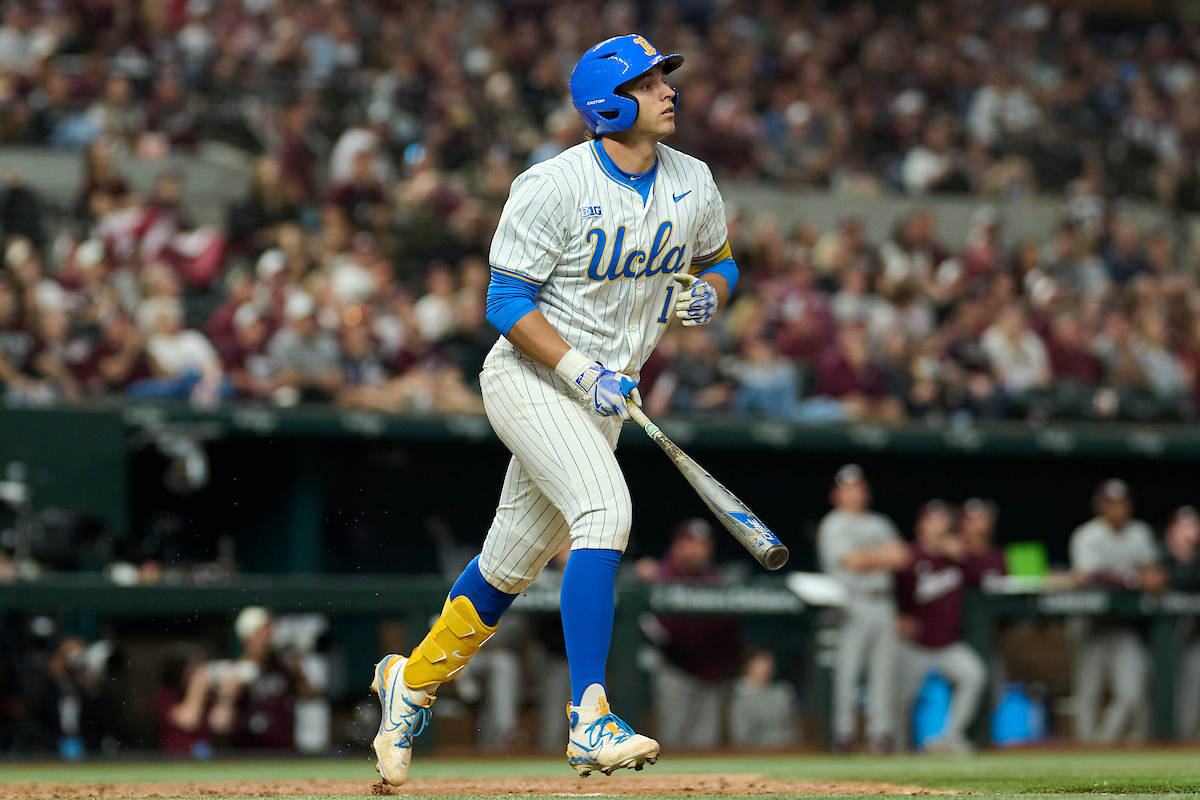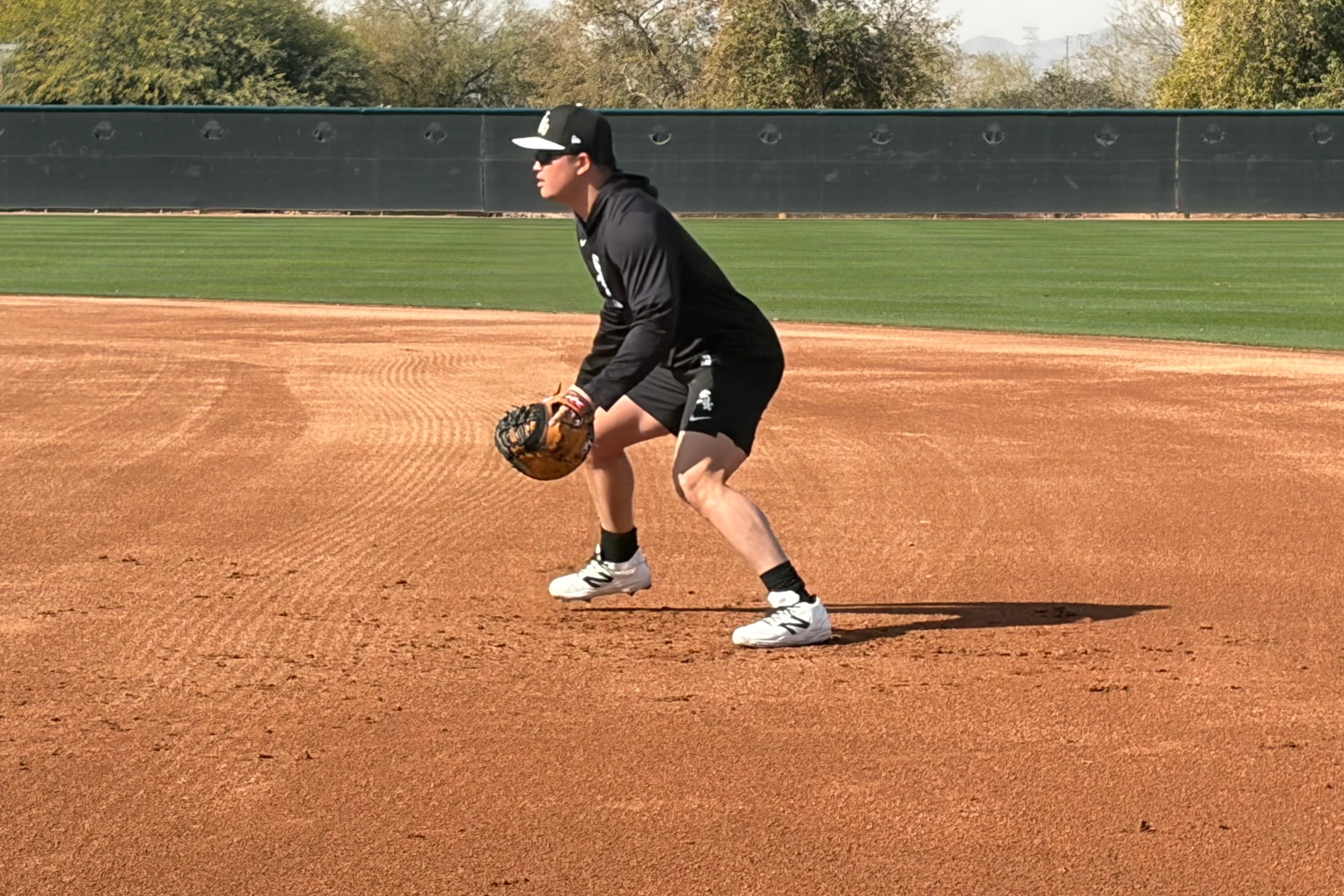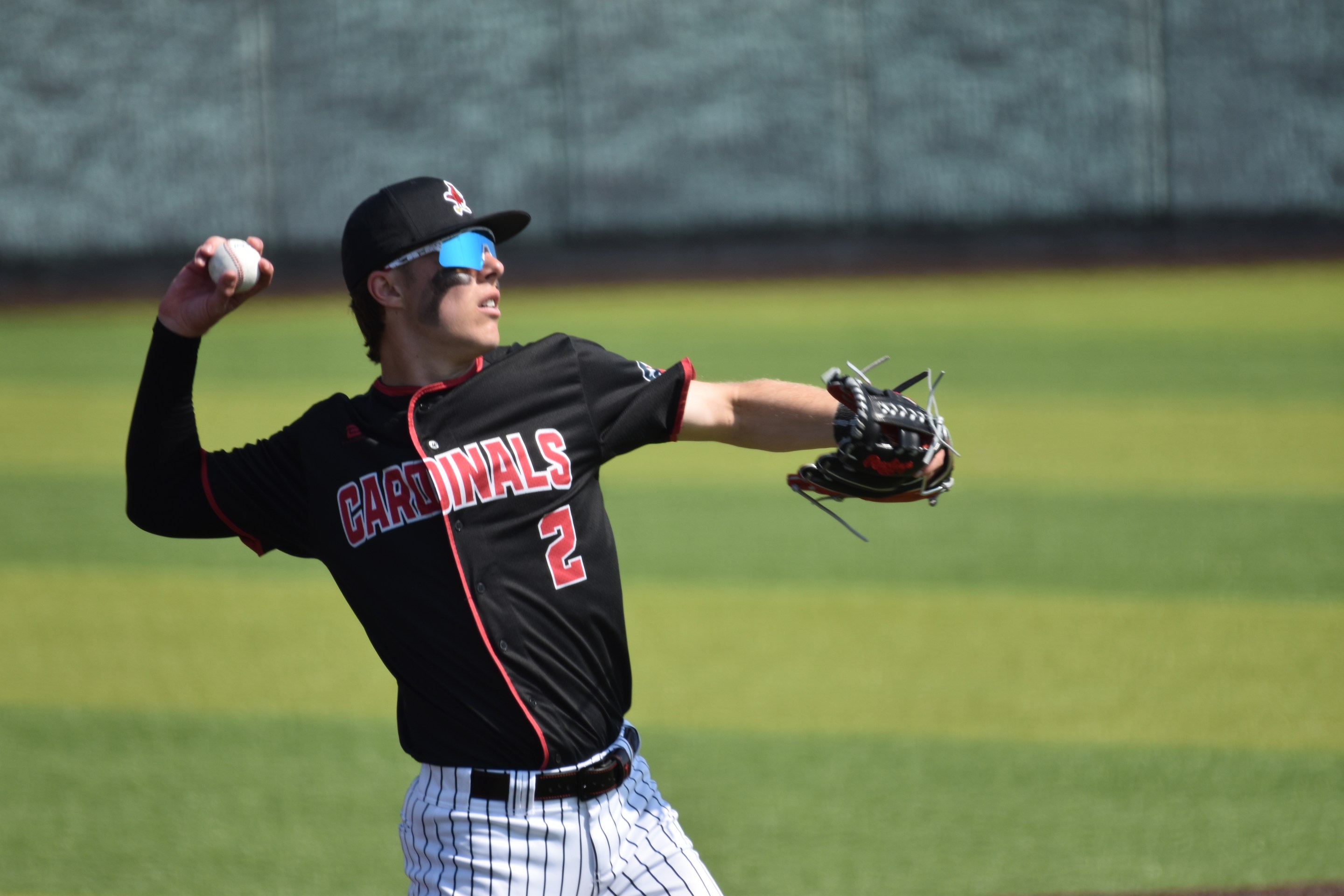While Mickey Callaway remains suspended from his position as the Los Angeles Angels' pitching coach due to behavior that surfaced during his time with the Mets, attention is now turning to his lengthy tenure as the pitching coach of the Cleveland Indians from 2010 through 2017.
The Athletic's Katie Strang and Britt Ghiroli followed up their expose on Callaway's alleged history of unwanted sexual advancements during his time with the Mets with a deeper dive into Callaway's time in Cleveland. It's prompted mostly by the statement of Cleveland team president Chris Antonetti, who said, "When I read the article, that was the first time I became aware of the alleged behaviors."
The story also includes another line from Antonetti: "There had never been any complaints against Mickey in his time with us, either to me or to our human resources department or other leaders.”
These statements may be tailored well enough to hold legal water, if Antonetti did not specify which "alleged behaviors." Also, female team employees who said they received suggestive messages from Callaway said they did not report them through official channels, so there's that.
But the team apparently knew how Callaway operated in some regard ...
Since the publication of The Athletic’s first article, more women have come forward to say that Callaway made them uncomfortable by sending them inappropriate messages and/or photos, making unwanted advances and more while they worked for the Indians. Additionally, in 2017, an angry husband repeatedly called the team’s fan services department to complain that Callaway had sent “pornographic material” to his wife. Those calls were brought to the attention of Antonetti, manager Terry Francona and general manager Mike Chernoff; the Indians spoke with Callaway about the matter. A Cleveland attorney spoke with the wife and said – in a phone call that was recorded – that Callaway had expressed remorse to him. The attorney added that “the Indians are frickin’ pissed as hell” at Callaway and offered to have Francona call the husband. Additionally, an MLB security official contacted the husband and told him: “Mickey wants this all to go away,” and the husband later emailed MLB directly about Callaway.
... which is why the tailored deniability is harder to apply on a greater workplace-wide scale. Vague press releases from the team and an uncomfortable no-comment from Francona is all they have so far. During the silence, Francona's son attacked his dad, which makes this more of a train wreck.
There's a need for a reckoning of some kind, because when paired with the Mets' hiring and firing of Jared Porter, he of the 62 unanswered texts to a female reporter, the league has a burgeoning problem with creeps, guys who can't spot them, and guys who can but won't do anything about it. That the Angels haven't yet automatically fired Callaway suggest that Cleveland's leadership can put its head down and wait it out, but while firings could be justifiable and satisfying, they'd come too late to be a deterrent. It's more helpful if unrelated teams can use the mistakes of others to check under their own rugs.
* * * * * * * * *
While Cleveland is reeling in the media, the Royals are getting positive press for trying, even if the projections suggest it's fruitless. Tyler Kepner of the New York Times talked to Dayton Moore about his desire to make teams better regardless of the standings.
The Royals made multiyear commitments to Mike Minor and Carlos Santana through free agency, and to Andrew Benintendi through a trade with Boston. They gave pitching prospects like Brady Singer and Kris Bubic lengthy auditions over last year's 60-game schedule. They were the first team to commit to paying all of their minor-league players through the 2020 season, and their reputation for treating prospects well paid off with signings after the five-round draft.
For all the effort, the Royals only project to win 77 games via FanGraphs, or 70-71 games via PECOTA. Moore sounds refreshingly unbothered:
Are they ready to win? Maybe, maybe not. But Moore wants to give them the chance.
“I don’t have 100 percent security on what the result is going to be — but I think it’s got a chance to be a lot better,” he said. “And if we don’t do anything, I’ve got a pretty good idea what the outcome is going to be.”
As we saw with the White Sox, there's little payoff at the fan level for paring the roster down to nothing, at least if a clear-cutting of the payroll doesn't open avenues for aggressive problem-solving later. They did get higher draft picks for their struggles, but hopefully they'll be better at producing prospects from outside the top five, which would go the furthest in making future tanks unnecessary.
What Moore's proposing is supertankers are never really necessary, or at least stand the chance of hurting more than they help. I'm not sure how many share that vision, but it's a pleasure to see it expressed, and if the White Sox weren't so reliant on beating up on the Royals, I'd be a lot more invested in seeing it pay off.
(Image by Doug Bardwell from Pixabay)






